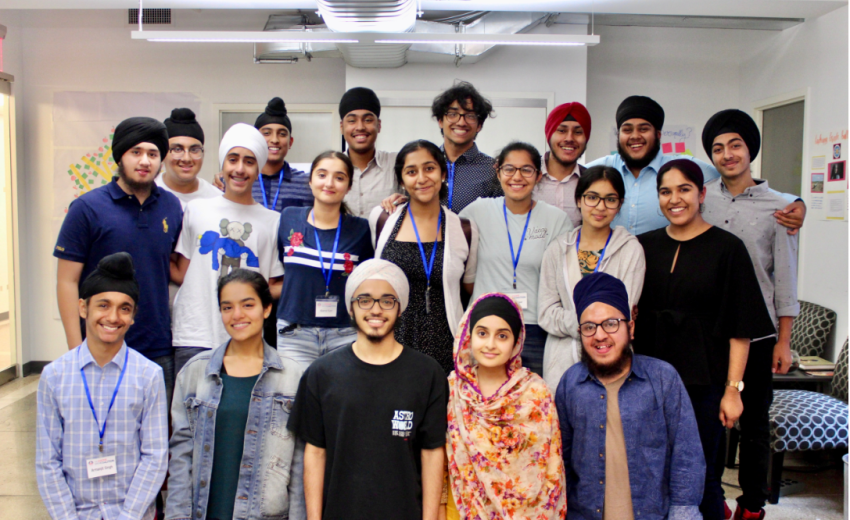Bias against followers of Sikhism had been observed in bits and pieces across the world. However, in 2008, the scenario changed for schools in New York City. Mayor Bloomberg and Chancellor Joel Klein, along with the Sikh Coalition and other community organizations, held a press conference at the Department of Education Headquarters. They announced the introduction of a new regulation by the Chancellor, which aims to stop and keep a record of harassment based on bias in public schools in NYC. The Sikh Coalition, after requesting the Department of Education to implement this regulation for over a year, commends the Chancellor and Mayor for this significant action in ensuring a harassment-free environment in NYC schools, benefiting not only Sikh students but all students.
The new regulation
The new regulation, A-832, establishes a process to handle complaints about students mistreating each other based on bias. This includes harassment, intimidation, and bullying. The regulation clearly defines and prohibits harassment based on a student's actual or perceived characteristics, such as race, colour, religion, gender, sexual orientation, disability, and more. It requires every school in the city to have a designated staff member who can receive reports of bias-based harassment. Students can also email their complaints to the Office of School and Youth Development.
At the same time, the regulation introduced the clause of prompt investigation of a report of bias-based harassment while documenting the incident in a central database within 24 hours. It was also mentioned that the alleged victim will be given a written report about the outcome of the incident investigation within 10 days. Also, DEO was directed to release annual public reports on bias-based harassment in schools, including information about individual schools. This ensures transparency and helps community members and organizations identify areas that require attention.
Struggles of Sikh Students in NYC Schools
The new regulation was urgently needed because many Sikh students in NYC schools were being harassed and bullied. In June 2008, two Sikh students were attacked in Queens schools. On June 9, Gurprit Kaur, a student at P.S. 219 in Flushing, discovered that another student had cut off a part of her uncut hair, which is important for her religious beliefs, and threw it away. On June 3, Jagmohan Singh Premi was punched in the face when a student intentionally tried to remove his smaller turban, called a patka, at Richmond Hill High School. Additionally, in May 2007, Harpal Singh had his hair forcefully cut by another student in a hate crime at another public school in Queens.
In April 2008, the Sikh Coalition published a report called "Making Our Voices Heard: A Civil Rights Agenda for New York City Sikhs." The report revealed that more than 60% of the over 400 Sikh students surveyed by the Coalition had experienced harassment or violence based on bias in city schools due to their Sikh identity.
Amardeeep Singh, Executive Director of the Sikh Coalition said, “The amount of Sikh children being harassed and bullied in New York City's schools every day is nothing less than an epidemic. Sikhs took to the streets in June in Richmond Hill to urge the Department of Education to make this issue a much higher priority and take proactive steps to make NYC's schools free of bigotry. We are heartened by the creation of this much-needed new regulation. It is in large part the Sikh community's activism that led to the creation of this new regulation to enhance the lives of 1.1 million city school students."
Regulations that promote equality are of utmost importance as they lay the foundation for a just and inclusive society. In Sikhism, these measures have played a significant role in safeguarding the rights and dignity of its followers. Sikhism, with its emphasis on equality and social justice, has greatly benefited from such measures. They have allowed Sikhs to freely express and practice their faith without fear of discrimination or prejudice.
*Based on an article by Frederick Douglas, published on Sikhcoalition.org on 5th September 2008
